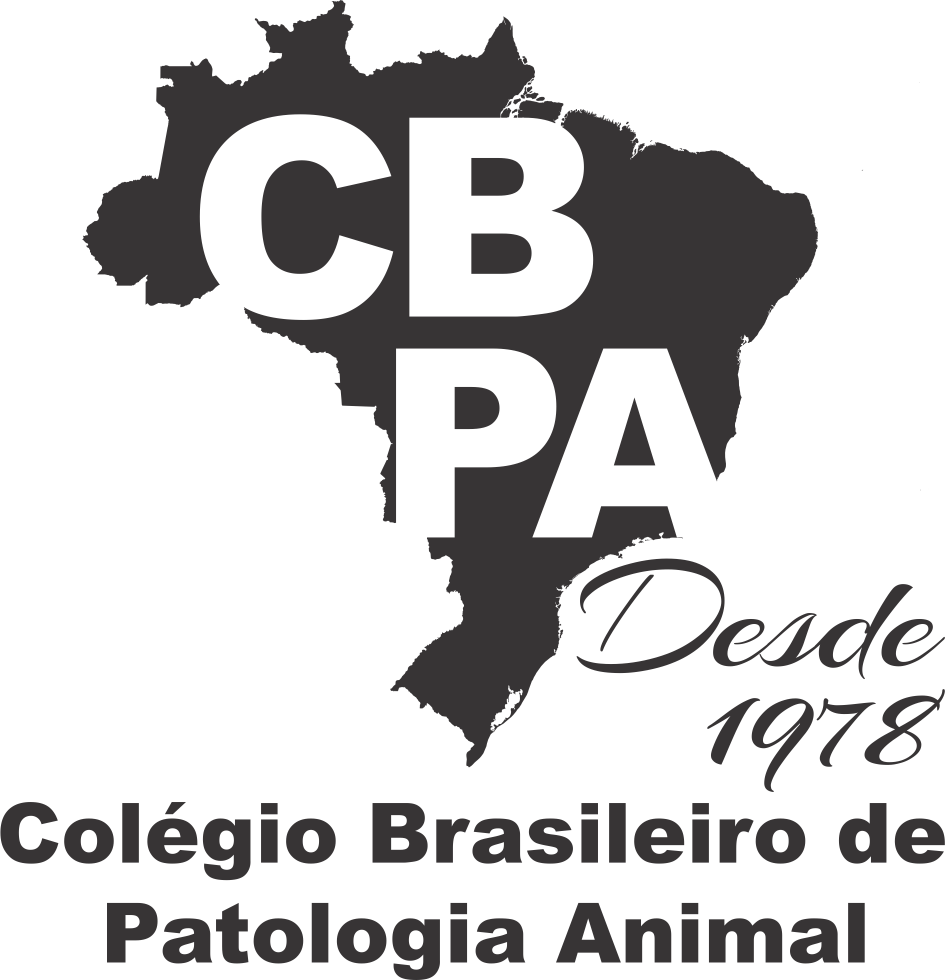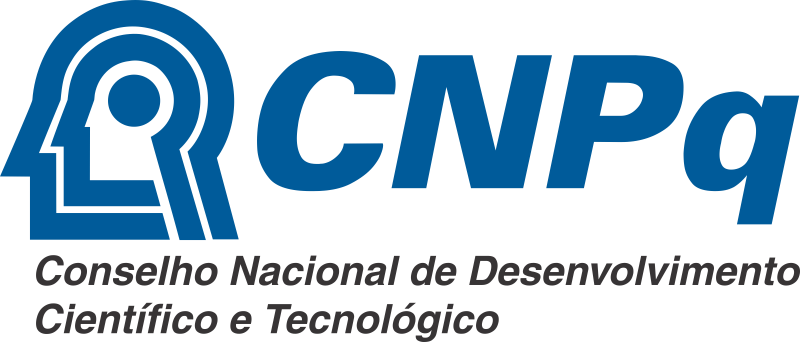Resultado da pesquisa (2)
Termo utilizado na pesquisa Almeida A.M.P.
#1 - Staphylococcal toxin genes in milk samples from cows diagnosed with subclinical mastitis, p.617-621
Abstract in English:
ABSTRACT.- Freitas M.F.L., Luz I.S., Silveira-Filho V.M., Júnior J.W.P., Stamford T.L.M., Mota R.A., Sena M.J., Almeida A.M.P., Balbino V.Q. & Leal-Balbino T.C. 2008. Staphylococcal toxin genes in milk samples from cows diagnosed with subclinical mastitis. Pesquisa Veterinária Brasileira 28(12):617-621. Centro de Pesquisas Aggeu Magalhães, Fiocruz, Av. Prof. Moraes Rego s/n, Campus da Cidade Universitária, Recife, PE 50670-420, Brazil. E-mail: cristina@cpqam.fiocruz.br
The present study was carried out in 11 dairy herds in four municipal districts of the rural area of the State of Pernambuco, Brazil. Out of 984 quarter milk (246 cows), 10 (1.0%) were positive for clinical mastitis, 562 (57.1%) for subclinical mastitis and 412 (41.9%) were negative. A total of 81 Staphylococcus spp. isolates were obtained from milk samples from the cows diagnosed with subclinical mastitis. From these, 53 (65.0%) were S. aureus, 16 (20.0%) coagulase-positive staphylococci (CPS) and 12 (15.0%) coagulase-negative staphylococci (CNS). The isolates were further investigated for the presence of toxin genes by multiplex and uniplex PCR. The main gene observed was seg followed by seh, sei and sej. The distribution of these observed genes among the isolates obtained from different areas showed a regional pattern for the SEs. The presence of toxin genes in the strains isolated from bovine milk demonstrates a potential problem for public health.
Abstract in Portuguese:
ABSTRACT.- Freitas M.F.L., Luz I.S., Silveira-Filho V.M., Júnior J.W.P., Stamford T.L.M., Mota R.A., Sena M.J., Almeida A.M.P., Balbino V.Q. & Leal-Balbino T.C. 2008. Staphylococcal toxin genes in milk samples from cows diagnosed with subclinical mastitis. Pesquisa Veterinária Brasileira 28(12):617-621. Centro de Pesquisas Aggeu Magalhães, Fiocruz, Av. Prof. Moraes Rego s/n, Campus da Cidade Universitária, Recife, PE 50670-420, Brazil. E-mail: cristina@cpqam.fiocruz.br
The present study was carried out in 11 dairy herds in four municipal districts of the rural area of the State of Pernambuco, Brazil. Out of 984 quarter milk (246 cows), 10 (1.0%) were positive for clinical mastitis, 562 (57.1%) for subclinical mastitis and 412 (41.9%) were negative. A total of 81 Staphylococcus spp. isolates were obtained from milk samples from the cows diagnosed with subclinical mastitis. From these, 53 (65.0%) were S. aureus, 16 (20.0%) coagulase-positive staphylococci (CPS) and 12 (15.0%) coagulase-negative staphylococci (CNS). The isolates were further investigated for the presence of toxin genes by multiplex and uniplex PCR. The main gene observed was seg followed by seh, sei and sej. The distribution of these observed genes among the isolates obtained from different areas showed a regional pattern for the SEs. The presence of toxin genes in the strains isolated from bovine milk demonstrates a potential problem for public health.
#2 - Genetic markers of pathogenicity in Yersinia enterocolitica 0:3 isolated from healthy pigs from Rio de Janeiro, 17(1):19-24
Abstract in English:
ABSTRACT.- Leal T.C.A., Leal N.C. & Almeida A.M.P. 1997. [Genetic markers of pathogenicity in Yersinia enterocolitica 0:3 isolated from healthy pigs from Rio de Janeiro.] Marcadores de patogenicidade em Yersinia enterocolitica 0:3 isoladas de suínos do Rio de Janeiro. Pesquisa Veterinária Brasileira 17(1):19-24. Depto Microbiologia, CPqAM-FIOCRUZ-MS, Cx. Postal 7472, Cidade Universitária, Recife, PE 50670-420, Brazil.
Sixteen Yersinia enterocolitica serotype 0:3 strains, isolated from pigs from Rio de Janeiro, have been analyzed for genetic and phenotypic markers of pathogenicity. lt was observed that only 6 strains harbored the p YV ( + 70 kb) plasmid and one strain harbored a small cryptic plasmid of about 8.6 kb. Accordingly only strains harboring pYV were calcium dependent in the MOX medium at 37°C. Twelve strains showed pesticin sensitivity and the esculin reaction was negative in 13 strains. PCR analysis of pathogenicity genes using specific primers showed the presence of the ail gene in 14 strains, the irp2 gene in one and the psaA in none. Most of the strains were resistant to ampicillin and carbenicillin, although they were susceptible to sulfazotrin and cefoxitin. For chloramphenicol, tetracycline, kanamycin, gentamicin and nalidixic acid the results varied among the strains.
Abstract in Portuguese:
SINOPSE.- Leal T.C.A., Leal N.C. & Almeida A.M.P. 1997. [Genetic markers of pathogenicity in Yersinia enterocolitica 0:3 isolated from healthy pigs from Rio de Janeiro.] Marcadores de patogenicidade em Yersinia enterocolitica 0:3 isoladas de suínos do Rio de Janeiro. Pesquisa Veterinária Brasileira 17(1):19-24. Depto Microbiologia, CPqAM-FIOCRUZ-MS, Cx. Postal 7472, Cidade Universitária, Recife, PE 50670-420, Brazil.
Foi realizada a caracterização genotípica e fenotípica de fatores de patogenicidade em 16 amostras de Yersinia enterocolitica 0:3 isoladas de suínos sadios do Rio de Janeiro. Foi observado que apenas 6 cepas possuíam o plasmídio de virulência, pYV ( + 70 kb) e apresentavam dependência ao cálcio no meio MOX a 37°C. Um plasmídio críptico de cerca de 8,6 kb foi encontrado em uma cepa. Doze cepas revelaram sensibilidade à pesticina enquanto que apenas três se revelaram capazes de hidrolisar a esculina. Através de PCR com "primers" específicos, foi constatada a presença dos genes ail em 14 cepas, irp2, em 1 cepa e a ausência de psaA em todas as cepas analisadas. Quanto aos quimioterápicos, a quase totalidade das cepas mostrou-se ao mesmo tempo resistente à ampicilina e carbenicilina e sensível ao sulfazotrin e à cefoxitina. As respostas foram variadas frente ao cloranfenicol, tetraciclina, kanamicina, gentamicina e ácido nalidíxo.









